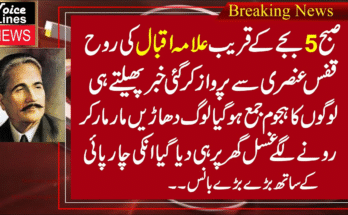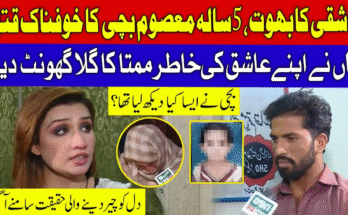
Introduction:
I arrived in the UK in 2020 with a backpack, a UN refugee card, and hope.
No job. No local references. No credit history.
Just a dream to rebuild my life in peace.
What I didn’t expect was that a simple bank account would become the foundation of that dream — giving me access, dignity, and control.
Chapter 1: No Address. No Papers. No Chance?
At first, opening a bank account seemed impossible.
Every bank asked for:
- Proof of address
- Utility bill
- Passport
But I had none of those.
Then a caseworker guided me to refugee-friendly banking programs offered by certain banks in the UK and US, such as:
- Barclays Refugee Banking Initiative (UK)
- Chase and local credit unions (US)
- Monzo and Revolut (app-based accounts)
With the help of my immigration support letter and ID, I opened a basic account.
That moment… I cried. Because finally, I existed in the system.
Chapter 2: The First Deposit — Hope in Numbers
I started working at a community kitchen part-time.
My first salary — just £320 — landed directly in my new bank account.
That was more than money. It was:
✅ Proof of my new life
✅ The beginning of savings
✅ My first step towards stability
I set up mobile banking on my phone. I checked my balance 10 times a day — not out of worry, but gratitude.
Chapter 3: Saving for My Future, One Pound at a Time
I didn’t have much, but I saved:
- £5 per week for emergencies
- £10 for English courses
- And £15/month for my child’s school supplies
Through banking features like:
📱 Auto-savings
🔒 Card freeze & security
📊 Expense trackers
…I learned discipline and self-control — skills I never had the chance to build before.
Chapter 4: From Surviving to Thriving
Six months later:
- I upgraded my account
- Got access to low-limit credit
- Created a budgeting plan
- Paid my rent directly from my app
- Started an online side hustle and linked it to my bank
My bank also connected me with:
🧠 Free financial literacy sessions
🏡 Housing support
📑 Help with paperwork for long-term residency
I was no longer just surviving. I was planning a future.
Chapter 5: Rebuilding Trust in a Broken World
Back in my country, banks were broken. Systems were corrupt.
Here, I saw transparency. Respect. Structure.
For the first time in years, I felt safe putting my name on something — a bank account, a contract, a lease.
Banking didn’t just protect my money — it helped me reclaim my identity.
Conclusion: A Bank Account Is a Human Right — Not a Privilege
For refugees and displaced people:
- A bank account is the first step to freedom
- It opens the door to work, housing, healthcare, and dignity
- It empowers you to build, save, and grow
Whether you’re in Birmingham or Brooklyn, access to financial services can rebuild a broken life.
Call to Action:
If you or someone you know is starting over:
🟢 Look for banks offering refugee or new immigrant accounts
🟢 Use mobile tools to save and budget
🟢 Seek financial literacy programs (many are free)
🟢 Start small — even saving £1 matters
🟢 Know that your money, no matter how little, deserves safety and respect
Because everyone deserves a second chance — and banking can be the first step.


